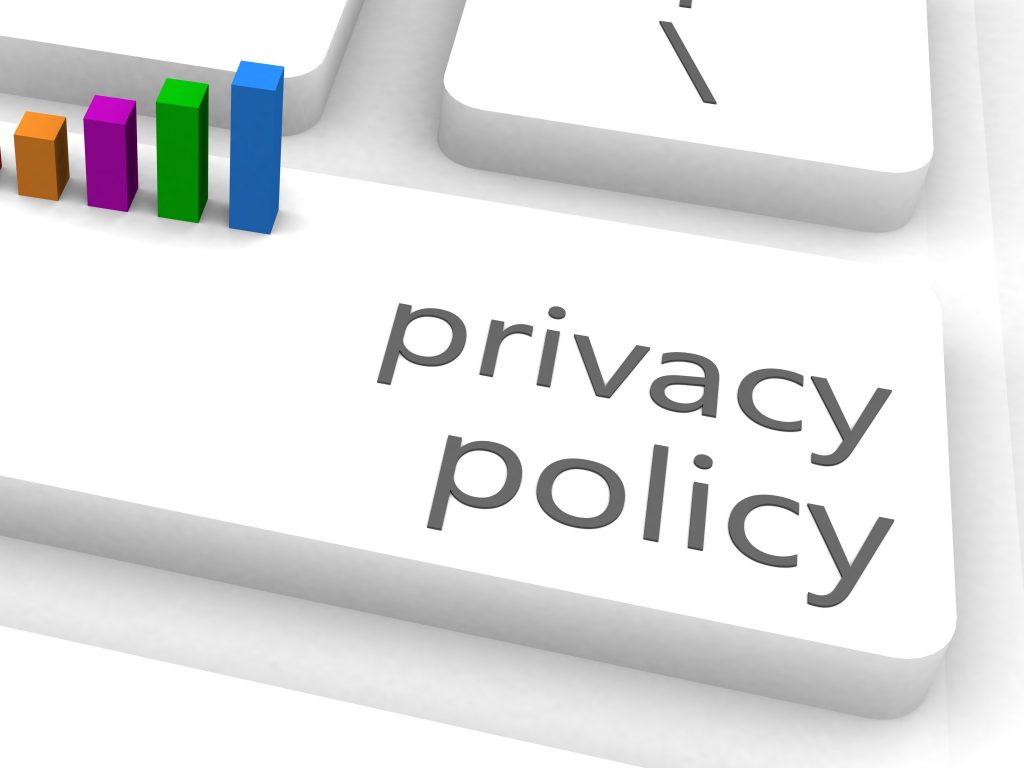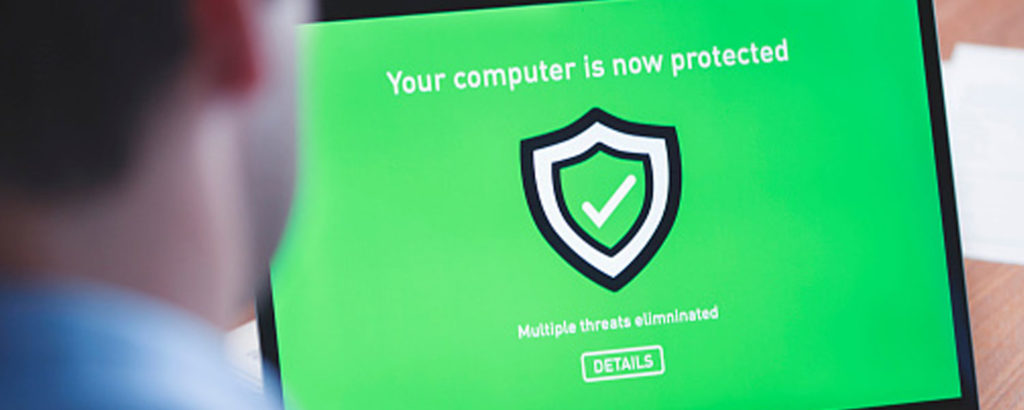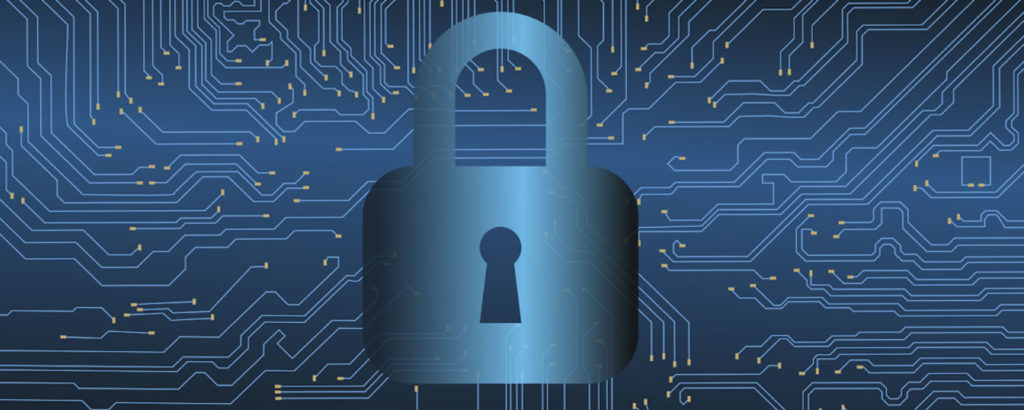It isn’t exactly a secret that as technological innovation marches on, and our devices become increasingly connected, personal privacy quickly begins to evaporate. But at what point does your tech know too much about you?
I’ve been pondering this question a lot lately, and have arrived at the conclusion that it is actually the wrong question to ask. How much your tech knows about you is completely irrelevant. What really matters is who can gain access to that information, and what they can do with it. I realize that there are those who disagree with me on this point.
Erosion of personal privacy
About a year ago, I read a blog post in which the author made the case that the technological erosion of personal privacy simply does not matter, because those who have done nothing wrong have nothing to hide. While I do get what that author was saying, I just don’t buy into that philosophy. Sorry, but I just don’t want every aspect of my personal life to be shared with the world, or even with those in my social network. I mean, do my Facebook friends really need to know (and do they even care) that I ordered a textbook off of Amazon last week? Do my friends need to know the last movie that my wife watched on my Netflix account?
Of course, there is a big difference between being given the option of sharing information related to your interaction with various Web services, and having your devices silently collecting information about everything that you do. As such, one has to question how much their devices really do know about them, and how that information might be used.
I have to admit that even though I have worked in the tech industry since the early 1990s, I didn’t realize just how much data was being compiled each day until I started preparing to write this article. Let me give you an example.
Right now, my wife is on a cruise ship somewhere in the Caribbean. I, unfortunately, had to stay behind and care for an ill pet. My wife likes to completely unplug while on vacation, so she did not take any electronic devices with her, nor has she been using the ship’s Internet café to check email. The point is that she has absolutely no idea of what I have done today.
So what have I done today? Sadly, it wasn’t anything too exciting. I spent most of the day writing blog posts, and I made a quick trip to the vet’s office to get more medicine for my cat.
Even though my wife is completely out of touch at the moment, it would be simple for her to piece together my day upon her return (not that she would have a reason to). So as a thought exercise, let’s take a look at what pieces of information exist, and how that information could be pieced together.
Always on, always logging

My home is equipped with a home automation system, and every device on that system writes data to a cloud-based log. If I so much as turn on a light, or open a door (even an interior door), there is a record of it. Strategically placed motion sensors and security cameras also log data. Hence, it would be possible to use the logs and the corresponding camera and sensor data to track my movements throughout my house.
If my wife wanted to, she could not only find out how many hours I spent in my home office today, but she could even look at the logs on my Internet router to see how much of my time online was spent doing work related tasks, and how much of my online time was spent goofing off. For that matter, she could go so far as to look at the logs on my file server to see how many Word documents I have created today.
Of course, I did leave the house for an hour or so, and that can be tracked as well. My vehicle’s GPS logs keep track of where the vehicle has been, and my bank statements would confirm that I used my debit card at the vet’s office.
Think about that for a moment… Multiple data streams can be used in conjunction with one another to paint a complete picture of my whereabouts. My security cameras, sensors in my vehicle, the sensor on my garage door, and my bank statements all provide supporting evidence of my trip to the vet’s office.
As I said at the very beginning of this article, what your devices know about you is irrelevant. It’s how that data can be potentially used that really matters. The data itself is completely benign. Only when the data is leveraged by someone does that data become good or bad.
So how could having all that data around possibly be a good thing? Well, hopefully there will never be a need, but if I am ever falsely accused of a crime then I should have no trouble establishing a digital alibi. Even so, there is an enormous potential for personal data to be abused. So how can you protect your privacy?
Give up your tech?
One option, albeit not a very appealing one, is to give up some of your tech. Believe it or not, it can be done. The most high tech thing that my grandparents own is a television (and it’s not even a smart TV), and they seem to be doing just fine.
If you’d rather not give up on the modern conveniences that we have all grown so accustomed to, then you will have to be a little more creative. There is no magical hack that you can use to suddenly get your privacy back. The key to maintaining personal privacy is to understand what information your devices are collecting, and then work to restore your privacy on a device by device basis. Smartphones, for example, are one of the most invasive devices out there, but most smartphones do contain settings that you can use to dial back the information that the device collects about you.
Similarly, you may be able to improve your online privacy by using an encrypted VPN. You might also consider using a nonpersistent virtual machine for all your online activities. That way, the operating system, browser, and file system are all reset to a pristine state at the end of each session, and the VM will not retain any information about the session (although data fragments will likely remain on both the physical and virtual hard disks, unless you perform a secure cleansing operation).
Improving your personal privacy
With electronic devices becoming ever more sophisticated and better connected, it is completely unrealistic to expect to completely protect your personal privacy, unless you are prepared to move to go completely off the grid. Even so, there are things that you can do today to begin improving your privacy. Start by doing a complete evaluation of every electronic device that you use, to see what privacy options exist. From there, I recommend checking for any available privacy settings on any websites that you commonly use — even something as simple as a search engine.
Remember, even if a particular device or service doesn’t seem to collect that much data, the aggregate data collected by all of the devices and services that you use can paint a comprehensive picture of your life. And that data speaks volumes to anyone who cares to assemble it.
Photo credit: Shutterstock



